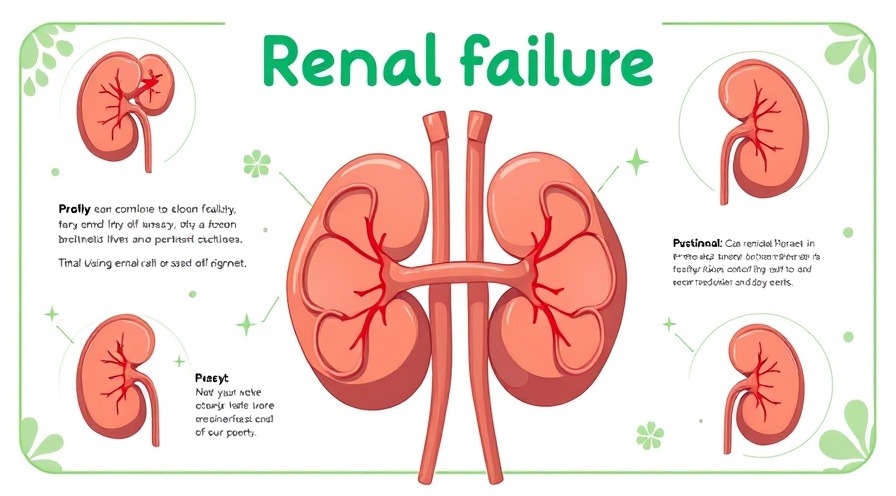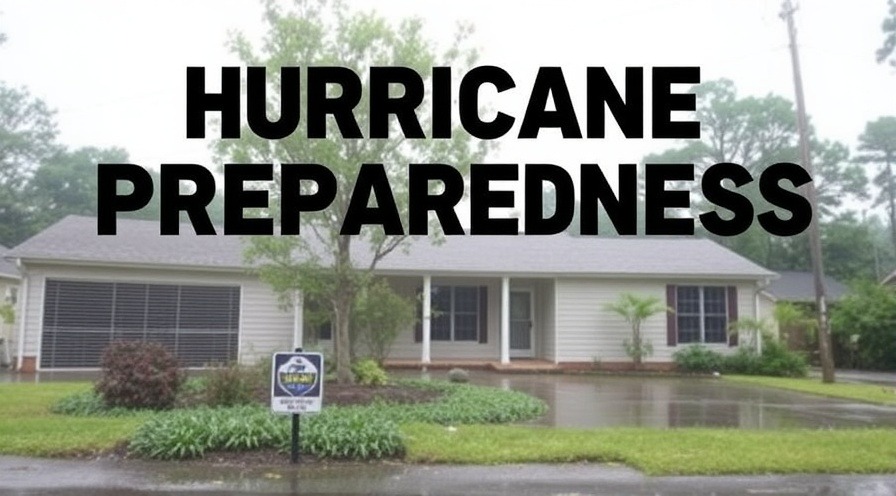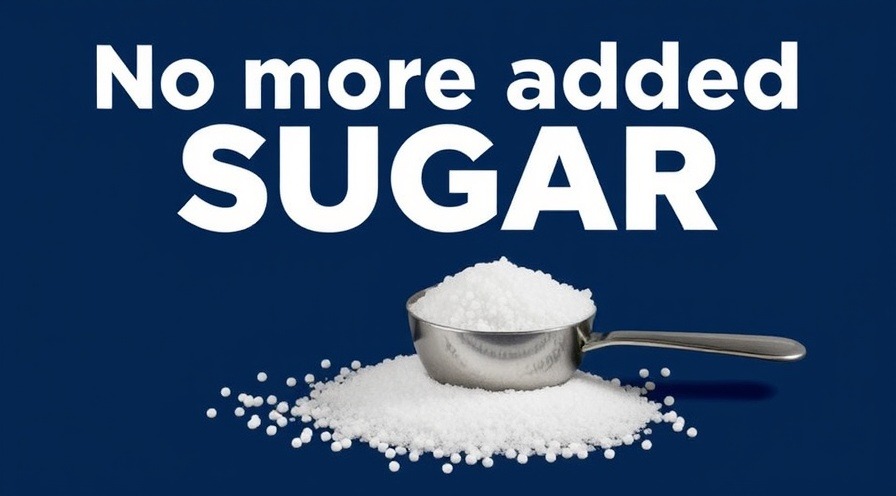
Understanding Renal Failure: A Deep Dive
Renal failure, often referred to as kidney failure, can have significant effects on our health. It presents itself in two main forms: acute and chronic. Acute renal failure, or acute kidney injury (AKI), appears suddenly and can occur over a few days, typically presenting with symptoms such as oliguria (decreased urine output), elevated blood urea nitrogen (BUN), and creatinine levels in the blood. Chronic renal disease progresses more gradually over an extended period, often as a result of underlying conditions like diabetes or hypertension, and can lead to long-term complications if not managed properly.
In "Renal failure: Pathology review," the discussion dives into the intricacies of kidney health and disease, exploring vital insights that have prompted us to delve deeper.
The Physiological Role of Kidneys
The kidneys play a crucial role in maintaining our body's internal environment. Their primary tasks involve filtering blood, regulating electrolytes and fluid levels, and producing hormones that influence red blood cell production. When kidney function declines, waste products accumulate in the body, leading to various health issues such as metabolic acidosis and imbalances in potassium and sodium levels.
Common Causes of Acute Kidney Injury
Acute kidney injury can be categorized into three types: prerenal, intrarenal, and postrenal. Prerenal AKI typically arises from a decrease in blood flow to the kidneys, potentially caused by conditions like severe dehydration or heart failure. Intrarenal AKI occurs due to direct damage to the kidney’s filtering structures, often resulting from acute tubular necrosis (ATN) or acute interstitial nephritis, which can be triggered by medications or infections. Postrenal AKI is linked to obstructions that hinder urine outflow, commonly due to kidney stones or prostate issues.
Recognizing Symptoms Early
Symptoms of kidney failure may vary but typically include fatigue, swelling from fluid retention, changes in urine output, and electrolyte imbalances. If one presents with these symptoms, especially if coupled with a history of conditions like hypertension or diabetes, early intervention is essential. Blood tests measuring BUN and creatinine can help assess kidney function and understand whether the issue is prerenal, intrarenal, or postrenal.
Chronic Kidney Disease: A Slow Progression
Chronic kidney disease (CKD) is often symptomless in its early stages, making it crucial for individuals at risk to undergo regular screenings. The complications associated with CKD can lead to severe health issues such as anemia, bone disorders, and cardiovascular diseases, emphasizing the importance of lifestyle changes and potential medical therapies to slow progression.
Practical Insights for Maintaining Kidney Health
Preventing kidney failure involves making conscious health choices. Staying hydrated, managing blood pressure and blood sugar levels, and avoiding excessive use of over-the-counter pain medications like NSAIDs are paramount. Regular medical check-ups and laboratory tests to monitor kidney function can provide vital information about one’s health and help prevent the onset of renal failure.
Understanding renal failure, as discussed in the video "Renal failure: Pathology review," brings critical awareness to both acute and chronic kidney conditions, enriching our grasp on maintaining kidney health. As we navigate our health journeys, recognizing the signs and remaining proactive is vital.
 Add Row
Add Row  Add
Add 




 Add Row
Add Row  Add
Add 

Write A Comment